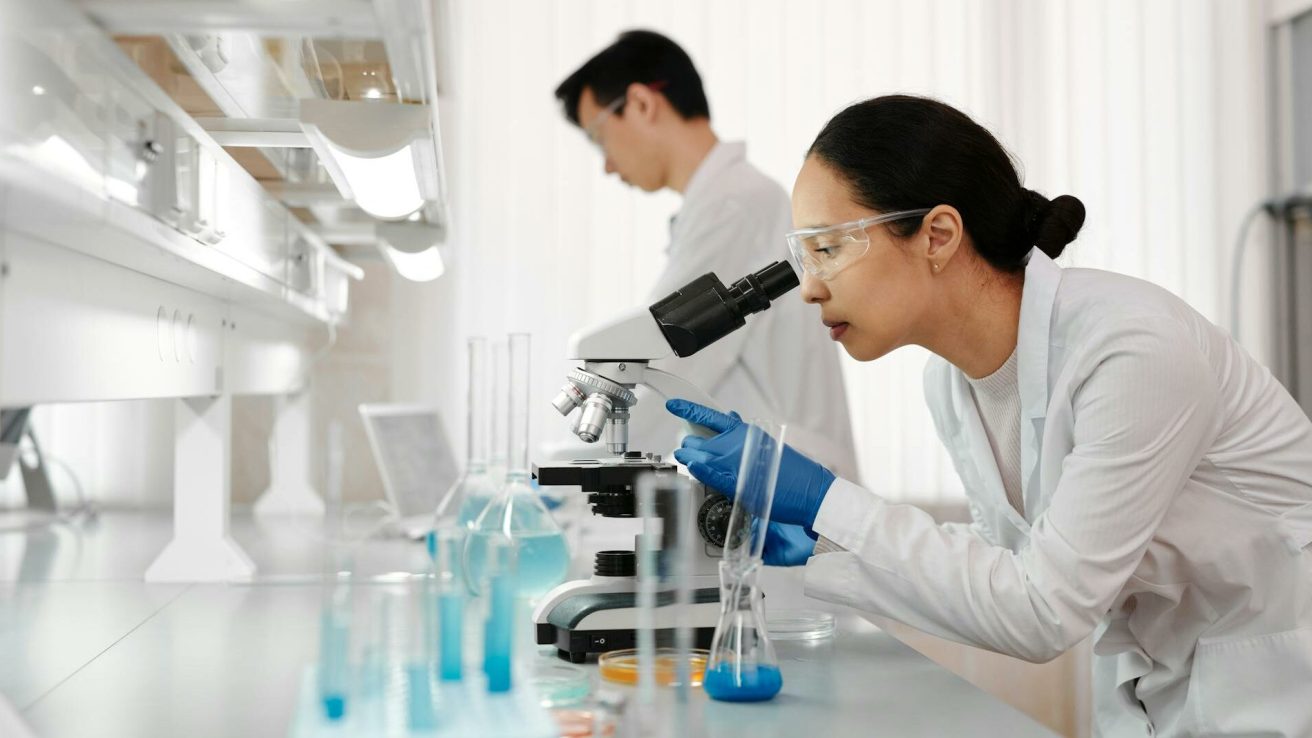A preliminary study reveals that tiny particles released by cancer cells may predict the effectiveness of breast cancer treatment, particularly for those facing triple-negative breast cancer. This research offers a promising approach to personalizing treatment plans, potentially improving outcomes for patients and providing new hope to individuals and their families navigating this challenging diagnosis.
Dealing with breast cancer is difficult, particularly triple-negative breast cancer (TNBC), which can be harder to treat. Doctors often use a treatment called neoadjuvant chemotherapy (NAC) before surgery to try to shrink the cancer. But not everyone’s cancer responds the same way to this treatment, making it difficult for doctors to determine a treatment strategy or provide patients with a prognosis.
Genetic Material Released by Cancer Cells May Predict Treatment Success
In a study published in the journal BMC Cancer, scientists looked at extracellular vesicles (EVs)—really small particles that cells release into the bloodstream. These particles carry genetic messages from their cells of origin, including cancer cells.
By examining the messages in EVs from breast cancer patients undergoing NAC, researchers found certain signals that indicate whether the cancer is likely to resist the standard treatments.
How This Research Could Change Breast Cancer Treatment
- Finding out early that a treatment might not work can save time, allowing doctors to explore other options sooner.
- Knowing in advance how a patient is likely to respond to a particular therapy helps doctors tailor a treatment plan that’s more likely to be effective, making treatment more personal and potentially more successful.
- For those battling TNBC and their families, this research offers hope for more effective treatments and a brighter future.
Looking Ahead
This exciting discovery has the potential to change the way breast cancer, especially TNBC, is treated by making treatments more personal and effective, which will make a real difference in the lives of those affected by breast cancer.
Source:
Kim, M. W., Lee, H., Lee, S., Moon, S., Kim, Y., Kim, J. Y., Kim, K. S., & Kim, J. Y. (2024). Drug-resistant profiles of extracellular vesicles predict therapeutic response in TNBC patients receiving neoadjuvant chemotherapy. BMC Cancer, 24(1). https://doi.org/10.1186/s12885-024-11822-9






